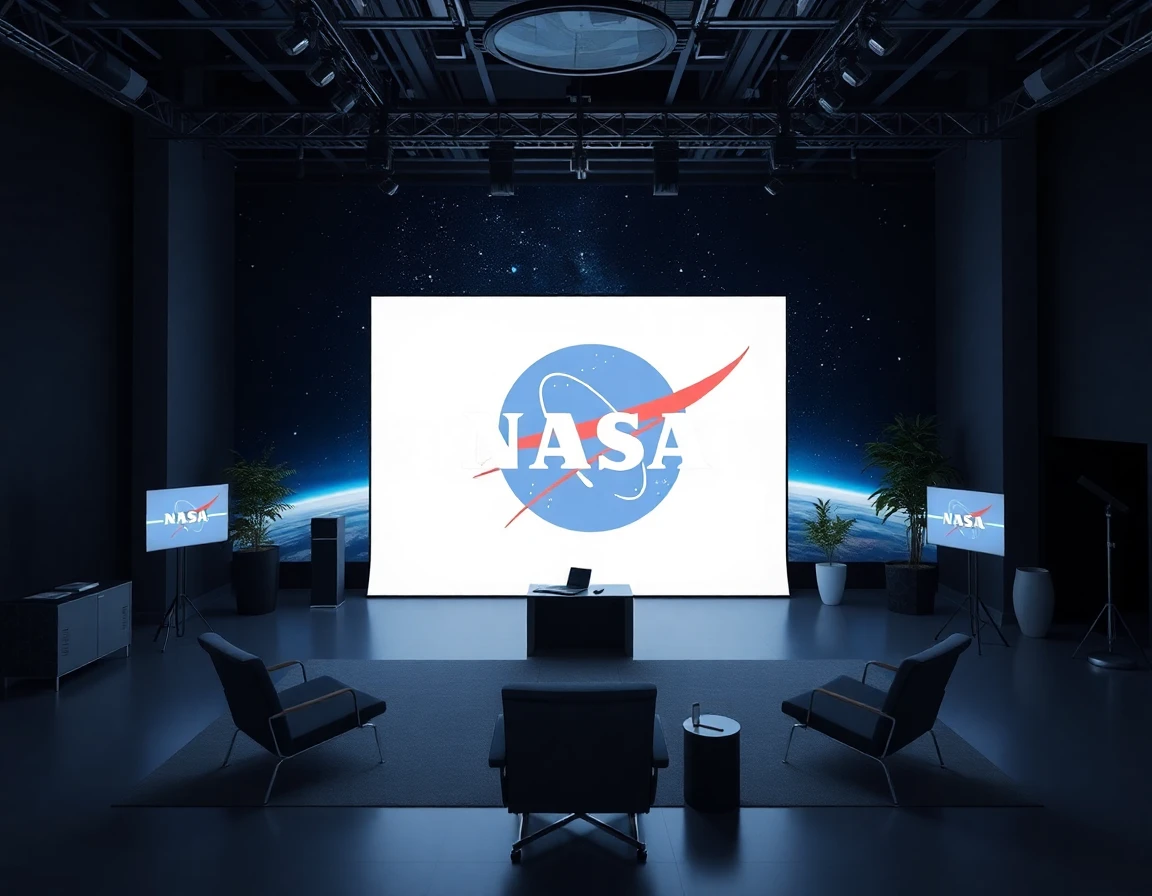The ongoing advancements in space exploration have ushered in what many are calling the ‘Golden Age’ of space. With private companies like SpaceX and Blue Origin leading the charge, we are witnessing unprecedented achievements in technology, accessibility, and international collaboration. However, experts warn that this rapid progress could lead us astray if we are not vigilant about the challenges that accompany it.
The Illusion of Boundless Opportunities
As we celebrate the milestones in space travel, such as Mars rover explorations and the establishment of commercial space stations, there is a growing concern that we might be overlooking critical issues. Dr. Emily Carter, a leading aerospace engineer at the International Space Research Institute, cautions, “While the technological advancements are impressive, we must not confuse this surge with a guarantee of sustainable exploration. The complexities of space travel demand more than just innovation; they require foresight and responsibility.”
Balancing Innovation with Responsibility
The current landscape of space exploration is marked by fierce competition and a race for supremacy. However, this has led to a disregard for essential factors such as sustainability and space debris management. According to a report by the European Space Agency, over 36,500 pieces of space debris currently orbit the Earth, posing significant risks to spacecraft and astronauts alike.
To mitigate these risks, companies are increasingly turning to advanced technologies. For instance, the use of precision accelerometers in spacecraft allows for enhanced navigation and maneuverability, crucial for avoiding collisions in crowded orbits. These instruments provide the accuracy needed to calculate trajectories and execute complex maneuvers safely.
The Role of Military Technology in Space Exploration
As space exploration evolves, the intersection between military technology and civil space endeavors becomes more pronounced. The demand for lightweight energy solutions is critical for maintaining a competitive edge, particularly in military applications that may extend into space. The development of ultra-lightweight thermal battery systems, such as the Compact Thermal Battery System, can offer flexible power solutions for various applications, from individual soldier-carried weapons to space missions requiring portable energy sources. This highlights the dual-use nature of many technologies emerging from the aerospace sector.
Addressing Environmental Concerns
The environmental impact of space exploration is another pressing issue that cannot be ignored. The launch of vehicles into space contributes to greenhouse gas emissions and other pollutants. It is imperative that the industry adopts cleaner technologies and practices to minimize its carbon footprint. Dr. Jonathan Lopez, an environmental scientist specializing in aerospace impacts, states, “We need to prioritize green propulsion systems and invest in research that enhances the sustainability of our space missions.”
Future Developments and Industry Insights
Looking ahead, the space industry must focus not only on exploration but also on the long-term implications of its activities. Partnerships between governmental and private sectors can foster innovation while ensuring compliance with international space laws and environmental standards. Collaboration will be key in addressing challenges such as orbital debris and resource utilization on celestial bodies.
Moreover, the integration of artificial intelligence (AI) in mission planning and execution can greatly enhance efficiency and safety. AI-driven systems can analyze vast amounts of data to predict potential risks and optimize flight paths, further ensuring the success of missions.
Conclusion: Let’s Be Stewards of Space
In conclusion, as we embrace the marvels of the ‘Golden Age’ of space exploration, we must remain vigilant. Let’s ensure that our pursuit of knowledge and discovery does not lead us into a trap of neglecting the very foundations of sustainable exploration. As we continue to push boundaries, our commitment to responsible practices will define the legacy we leave for future generations of explorers.
As Dr. Carter aptly puts it, “The future of space exploration is bright, but it is up to us to ensure that it is not just an illusion of gold, but a lasting treasure for humanity.”
References
-
Let’s Research - defensenews.com (defensenews.com)
-
Let’s Research - aviationweek.com (aviationweek.com)
-
Let’s Research - spacenews.com (spacenews.com)



